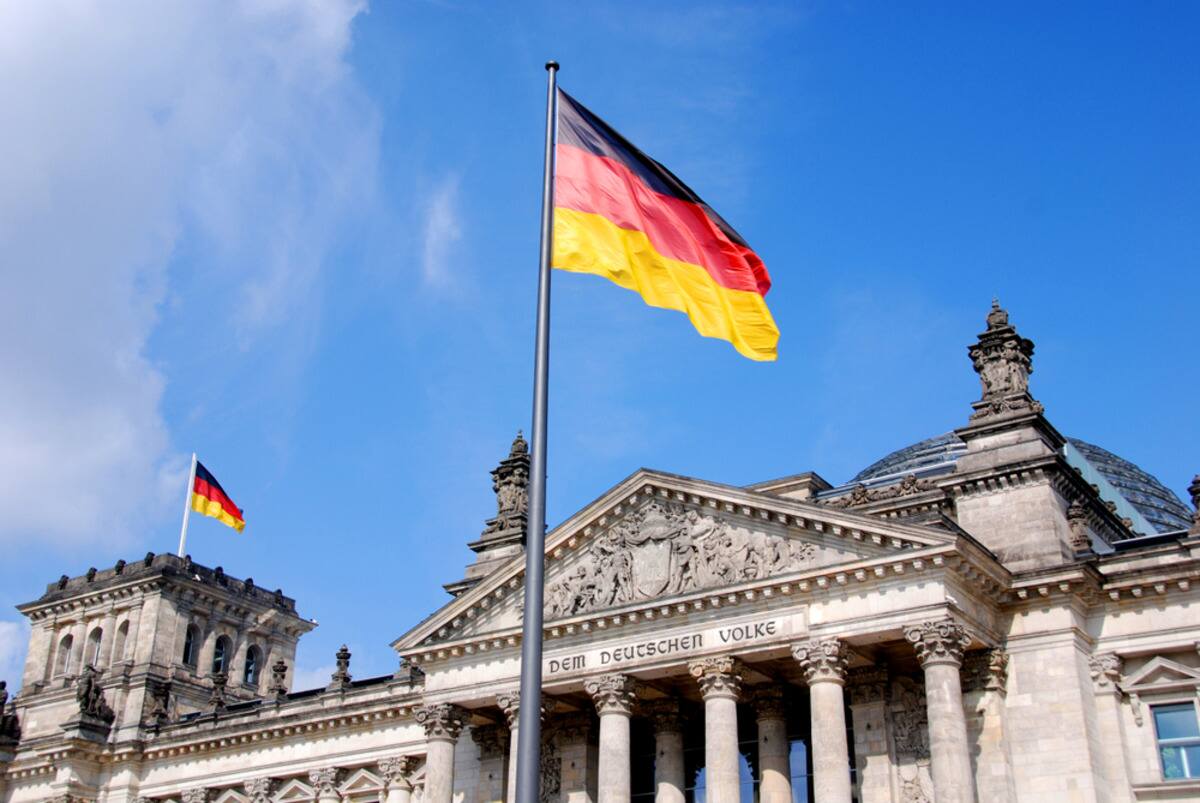Germany’s annual inflation rate was at 2.3 percent in July, up from 2.2 percent in June, the federal statistical bureau Destatis revealed on Friday.
Services sector fuels price pressures
While weaker energy prices have a dampening effect on the inflation, there are above-average increases in service prices, the head of Destatis, Ruth Brand, said. The prices of energy products in July 2024 declined by 1.7 percent year on year while food prices rose by 1.3 percent. Excluding energy prices, the inflation rate was 2.7 percent in July 2024.
Meanwhile, the prices of services were up 3.9 percent in July on a yearly basis. On a monthly basis, consumer prices went up by 0.3 percent in July.
Unexpected economic contraction
The German economy unexpectedly contracted in the second quarter after skirting a recession at the beginning of the year and July’s inflation rose, showing the continuing struggles of the euro zone’s biggest economy.
Germany’s gross domestic product (GDP) contracted by 0.1 percent in the second quarter compared with the previous three-month period, preliminary data from the statistics office showed last month.
Continued struggles for Germany and eurozone
Germany was the worst performing major economy last year, with gross domestic product contracting by 0.3 percent, and it came close to recession at the start of 2024 – buffeted by a combination of cyclical and structural headwinds.
In the second quarter, Germany was a laggard among its peers again, and the divergence in terms of growth has widened: While the German economy contracted, France and Spain did better than expected and Italy held its ground.
The euro zone’s economy grew 0.3 percent in the three months to June, data revealed in July.
Challenges for policymakers
Also countering expectations, German inflation rose in July to 2.6 percent, preliminary data from the federal statistics office showed.
The unexpected rise in German inflation, coupled with the economic contraction, underscores the continuing struggles faced by the country and the broader euro zone. Policymakers will closely monitor these developments as they navigate the complex economic landscape.
For more economy news, click here.




